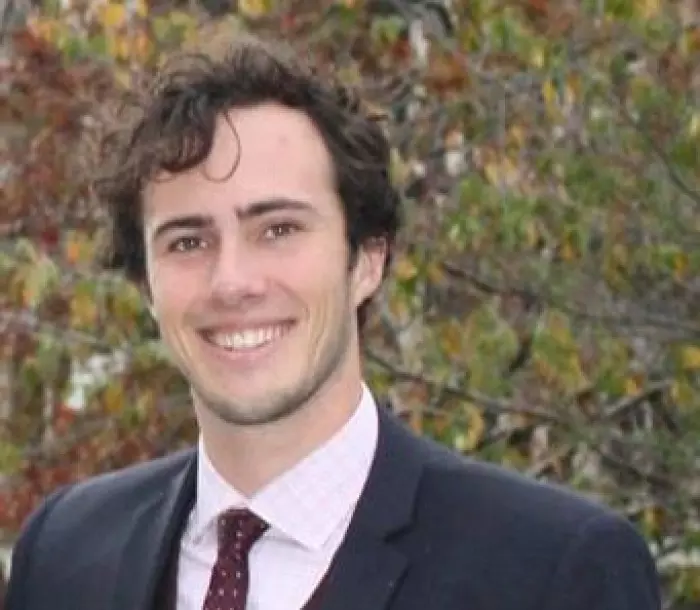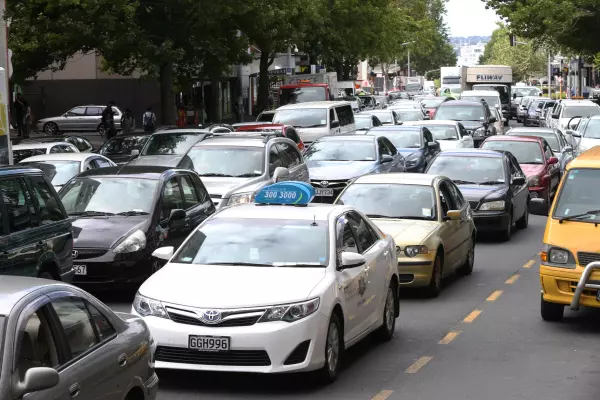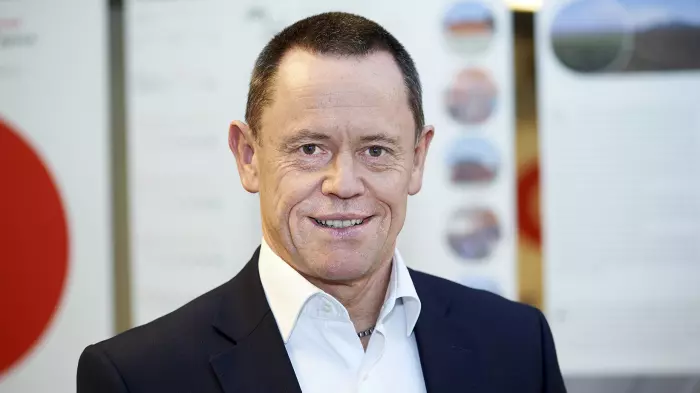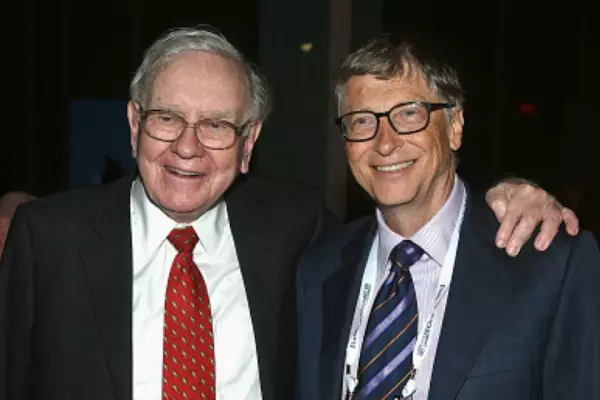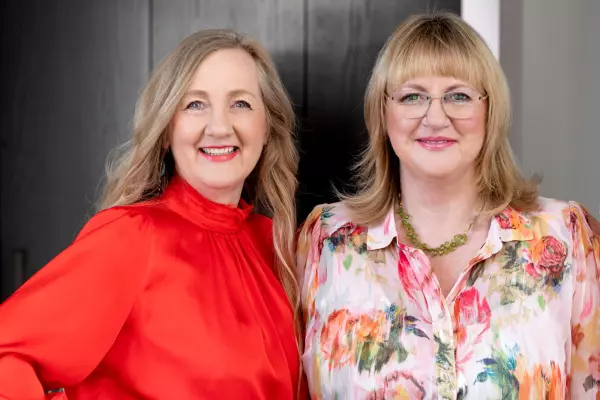New Zealanders are among the most generous givers in the world, but do we think enough about where our money would do the most good? Oliver Lewis explores the effective altruism movement.
In his famous 1972 essay Famine, Affluence and Morality, Australian philosopher Peter Singer wrote about a passerby saving a child from drowning in a shallow pond. It was an example, he said, of his principle: “if it is within our power to prevent something bad from happening, without thereby sacrificing anything of comparable moral importance, we ought, morally, to do it.”
In a world of famine, disease and war, there are hypothetical drowning children everywhere. In his essay, Singer argues we shouldn’t distinguish based on distance (in a world of 24/7 news and the internet, it’s hard to argue ignorance).
“It makes no moral difference whether the person I can help is a neighbour’s child ten yards away from me, “ Singer wrote, “or a Bengali whose name I shall never know, ten thousand miles away.”
Singer and the Scottish philosopher Will MacAskill, who wrote the influential book Doing Good Better, are key figures in effective altruism (EA), a movement which focuses on how people can best benefit others. Included in the EA universe are ideas like 80,000 hours - choosing a career that maximises positive impact over your working life - and GiveWell, a platform established in the United States that assesses charities and prioritises giving to those which save or improve lives the most per dollar donated.
EA is a head over heart philosophy. Forget virtue-signalling and giving for the sake of feeling good, its proponents are all about cool-headed analysis. Volunteering as a doctor in a developing country, for instance, might achieve less than working for a higher wage at home and deploying some of that money to effective charities.
Kyle Webster, a member of the effective altruism community in New Zealand, puts it like this: “It’s asking really critically what is the largest difference we can make with money and attention to improve people’s lives.
“So putting aside any sort of signalling element or a number of other things that tend to muddy charitable giving and really honing in on that question of ‘how can I most effectively help people in need?’”
Webster, who BusinessDesk was put in touch with through the local EA branch, has a PhD in molecular biology and works for a biotech start-up, Alvea, producing covid-19 vaccines. A blog post on the company website describes Alvea as an EA vaccine project and notes that in some countries less than 10% of people have received a dose of a covid-19 vaccine.
Webster was motivated to join the company, in part, by his EA principles. As well as contributing to global health through his career, he also donates to charities, directly and via the maximum impact fund run by GiveWell, the US platform which assesses the most impactful charities.
Part of the reason he likes the fund is for the incentives it creates.
“If there’s a big pool of money that is continuously given out to those that are assessed to be the most effective,” Webster says, “then it creates incentives for charities to find ways to be more effective rather than find ways to market more effectively.”
But when you’re giving directly, how do you prioritise where to put your money?
Effective altruists use a framework to help with cause prioritisation looking at the importance or scale of a problem, its tractability and neglectfulness. If large numbers of people already support a particular cause, it’s likely low hanging fruit problems are already being addressed so any new money would be more impactful going towards neglected issues.
Another consideration is time. There are charities addressing issues in the present, but given the huge number of people not yet born, it might be more effective to put money and resources towards problems likely to occur in the future, things like pandemic preparedness, for example, or coming up with frameworks to govern future AI developments.
“There’s lots of gnarly philosophical domains here,” Webster says, “but I think the most pragmatic approach is being born earlier in time, existing earlier, puts you in this incredibly high leverage position to help people who don’t yet exist.”
New Zealanders are rich, globally speaking
In 2009, MacAskill, the Scottish philosopher, and Toby Ord, a fellow philosopher at Oxford University, launched Giving What We Can, an organisation dedicated to creating a culture where people give a portion of their income to effective charities.
Part of the idea is getting people from Western, developed countries to appreciate how much good they can do due to their relative wealth.
When I enter my salary into a calculator on the Giving What We Can website, for example, it tells me I’m in the richest 1.1% of the world’s population with an income 20 times the global median.
Donating 10% of my income each year would be equivalent to saving 1.7 healthy lives, the website tells me. It would pay for the distribution of 1,186 insecticide-treated bednets or more than 6180 treatments for schistosomiasis, an infection caused by a parasitic worm.
When I ask Webster if he thinks people from wealthy nations should be obligated to donate, he says it’s a good thing for people to consider, but notes that everyone has different circumstances. Framing it positively by getting people to think about the opportunity their relative wealth gives them to make a difference to the lives of others is a better option, he says.
Often when people give, they donate to causes they feel a personal connection with. Typically this tends to be in their own country. Webster admits it's a hard thing to do to take a more global view, as it means helping people you’re likely never going to meet. You also don’t get to see the immediate benefit of your altruism.
“One way to be effective is just to overcome that bias and say, actually, the marginal value of a dollar in low and middle income countries can be much more effective than in much wealthier countries,” Webster says.
There are trade-offs, obviously.
Every $1 that someone decides to spend overseas helping effective charities is one less $1 they might previously have given to a NZ-based organisation. Webster recognises this, however he still talks up the long-term benefits of taking a global view.
“Everyone's made better off by allocating resources to those most in need,” he says.
“In the long run, lifting educational outcomes globally would have a tremendous impact on the amount of wealth available to be directed to different causes in the world.”
Make it positive
Is there a danger, I ask, of being analytical to the point of paralysis? Effective altruists seem to love the intellectual exercise of considering how best to help people. Does it get to a point where you’re interrogating every purchase; for example, instead of buying a drink at a pub, are effective altruists thinking about how that money would be better spent on effective global charities?
Webster concedes there’s a risk of over analysis, and even of meta analysis (analysing how much you should be analysing). But given how little thought often goes into making a donation, he believes taking some time to think it through is almost always beneficial.
“At the moment the situation seems to be grossly under analysed a lot of the time. So it’s fairly clear that some careful thinking here could be net beneficial even if you have to spend a little bit of time thinking and not doing.”
He also recommends making EA a positive thing, not something you agonise over when it comes to individual spending choices.
“For my own personal sanity, I find it much easier to think about this in a sort of boxed way rather than, if I’m getting a pint for myself and a friend, thinking ‘oh, that’s one malaria bed net’.
“It seems like a fast road to a bad time at the pub.”


